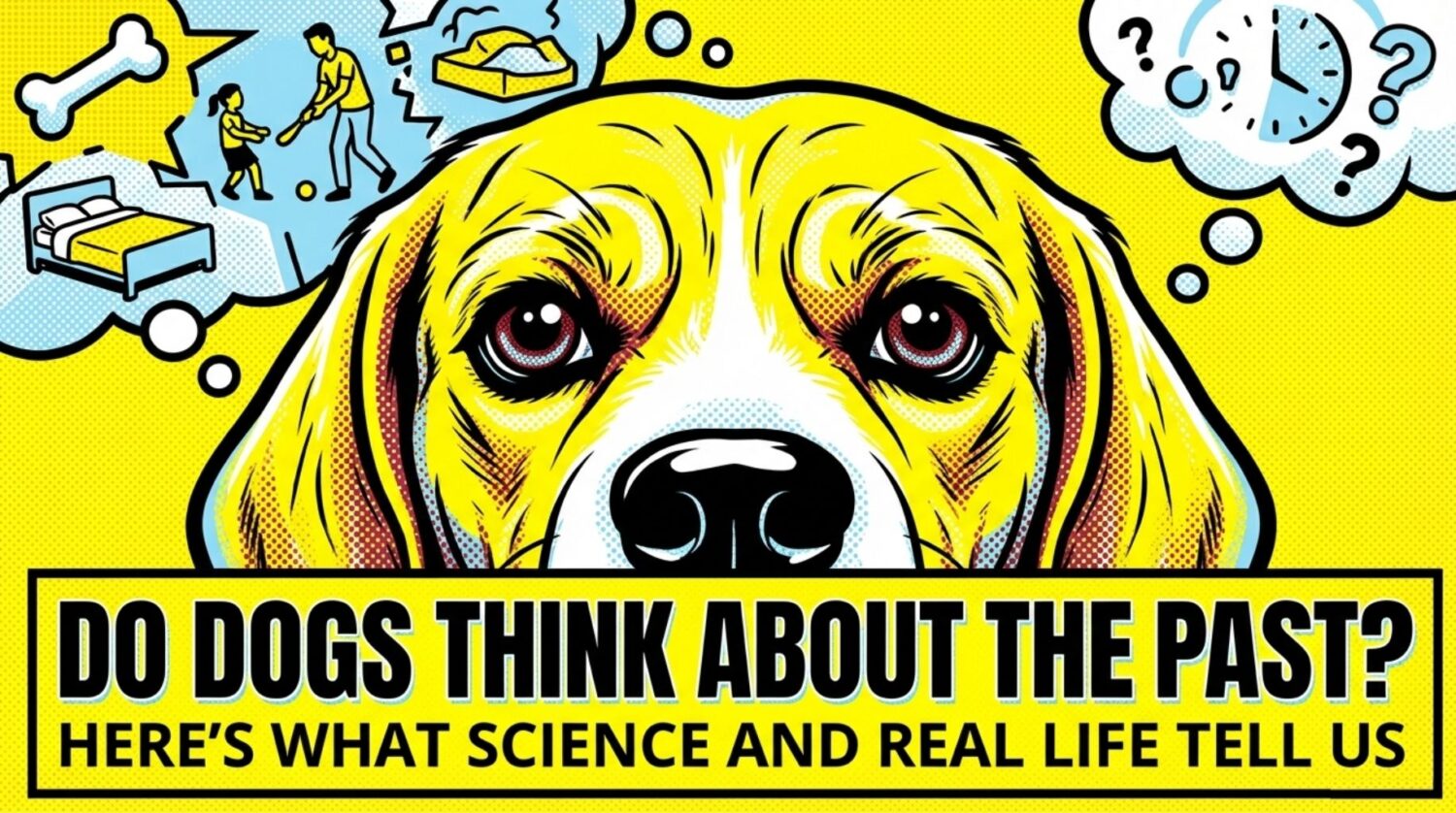Hey there, fellow dog lovers, have you come home late after forgetting to buy more treats, and your dog gives you that specific, disappointed side-eye. It feels personal. But is it? This leads us to the million-dollar question that tugs at every dog owner’s mind, do dogs judge us?
Dogs’ reactions often reflect our moods, intentions, and even our insecurities. But do dogs judge us the way humans do? The answer lies in how they interpret our behavior, tone, and energy. They don’t use moral frameworks, but they do respond to patterns.
Dogs are wired to seek safety, connection, and predictability. What we often perceive as judgment is actually their way of navigating our emotional landscape. Let’s embark on a fun adventure to unravel the science, the stories, and the secrets behind our pups’ perceptions.
Have you ever gotten the distinct feeling your dog is silently critiquing your life choices?
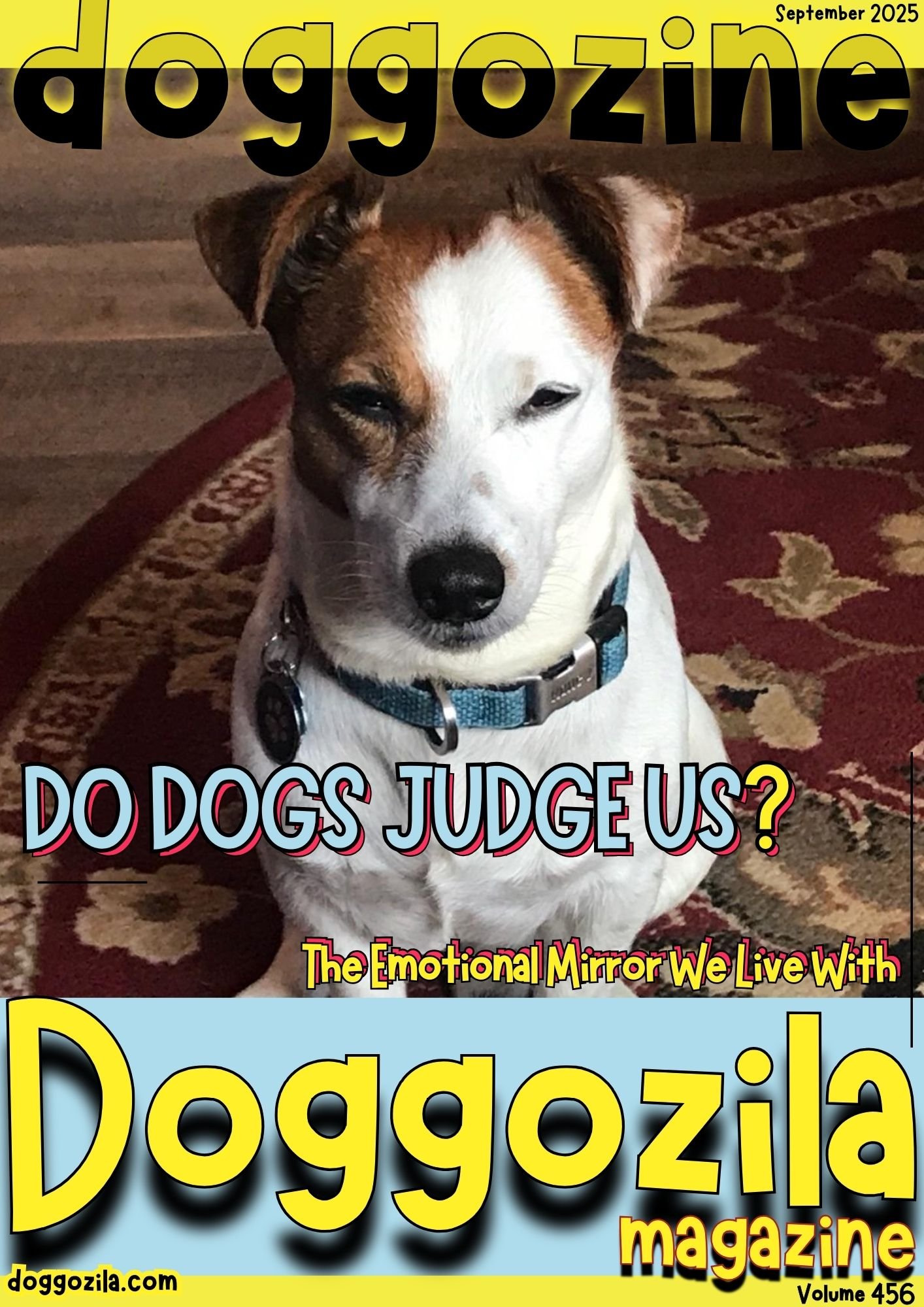
HOW DO DOGS JUDGE US THROUGH EMOTIONAL CUES?
Dogs are masters at reading body language. They notice subtle shifts in posture, eye contact, and voice tone. When we’re anxious, they often mirror that tension. If we’re calm and confident, they respond with trust. This isn’t judgment in the human sense, but a form of emotional feedback. Dogs use these cues to decide how safe or trustworthy we are. It’s a survival skill rooted in thousands of years of co-evolution. They also rely on our scent, which changes with stress or joy. Dogs don’t analyze, they react. Their reactions are shaped by instinct, not opinion. They’re emotional translators, not critics.
Every dog owner has a story about their pet’s seemingly psychic ability to size people up. Your dog might adore the mail carrier but bark incessantly at a seemingly friendly guest. This behavior makes us wonder if our dogs are making a moral assessment about the people they meet. The simple curiosity of whether do dogs judge us is a topic that resonates deeply with anyone who shares their home with a canine. Their incredible history alongside humans makes them perfect companions for exploring this social puzzle.
What Does It Mean When We Ask, Do Dogs Judge Us?
When we ponder this, we’re often thinking about moral judgment, similar to how humans evaluate each other’s character. We imagine our dogs deciding if we are good or bad people based on our actions. However, a dog’s brain processes information through a different lens, one built on instinct, association, and immediate reward. They are brilliant at reading body language and tone but may not assign abstract moral values like we do. Understanding this distinction is key to decoding their behavior.
The Signs That Make Us Wonder About Dog Criticism
Some dogs give the infamous side-eye, a dismissive sigh, or turning their back on you, these actions feel incredibly judgmental. Dogs communicate volumes through their body language, and we often interpret these signals through a human emotional filter. A dog avoiding a person might be reacting to a sharp tone of voice they heard once, a unfamiliar perfume, or a stiff posture that puts them on edge. It’s less about a verdict on someone’s soul and more about a calculated assessment of perceived safety or threat.
How To Interpret Your Own Dog’s Seemingly Judgy Behavior
Instead of assuming your dog is being critical, try to see the world from their perspective. Did that person move too quickly or make direct eye contact, which can be perceived as challenging in the dog world? Is your dog picking up on your own subtle, anxious vibes about a particular person? Our pets are incredible mirrors of our emotions. By observing the context of their reactions, we can better understand what they are truly trying to communicate to us.
Do Dogs Judge Us When We’re Inconsistent?
Inconsistency confuses dogs. If one day we reward a behavior and the next we scold it, they struggle to understand our expectations. This can lead to stress and avoidance. Dogs thrive on routine and clarity. When we’re unpredictable, they may seem distant or hesitant. It’s not moral judgment, but it’s behavioral adaptation. They’re trying to make sense of our signals. Dogs rely on repetition to learn. Mixed messages create anxiety. They may withdraw or act out. Their behavior reflects confusion, not defiance. Consistency builds trust, while inconsistency breeds uncertainty.
Do Dogs Judge Us Based On Our Energy or When We’re Sad?
Energy speaks louder than words in the dog world. High-energy humans often excite or overwhelm dogs. Calm energy tends to soothe and build trust. Dogs pick up on our emotional state through scent and vibration. If we’re angry or fearful, they may retreat or become reactive. Their response isn’t judgment, but it’s emotional alignment. They’re tuning into our frequency.
Dogs are sensitive to the emotional charge we carry. They can detect subtle shifts in mood before we speak. Their reactions are immediate and intuitive. They don’t analyze, they absorb. Our energy becomes their reality. That’s why grounding ourselves is key to building a calm bond. Sadness doesn’t repel dogs, but it draws them in. Many dogs become more affectionate when their humans are down. They nuzzle, lean in, or stay close. This isn’t pity, but it’s empathy.
Dogs sense emotional shifts and respond with comfort. Their behavior shows emotional intelligence, not judgment. They’re wired to connect and support. Dogs may even change their routine to stay near us. They skip play to offer presence. Their loyalty deepens in moments of vulnerability. They don’t need explanations, they feel our pain. In sadness, dogs become silent healers.
🔑 Key Points: Dogs don’t judge morally but are masters at reading body language, tone, and scent to assess our emotional state and determine if we are safe and trustworthy, which is a survival skill.
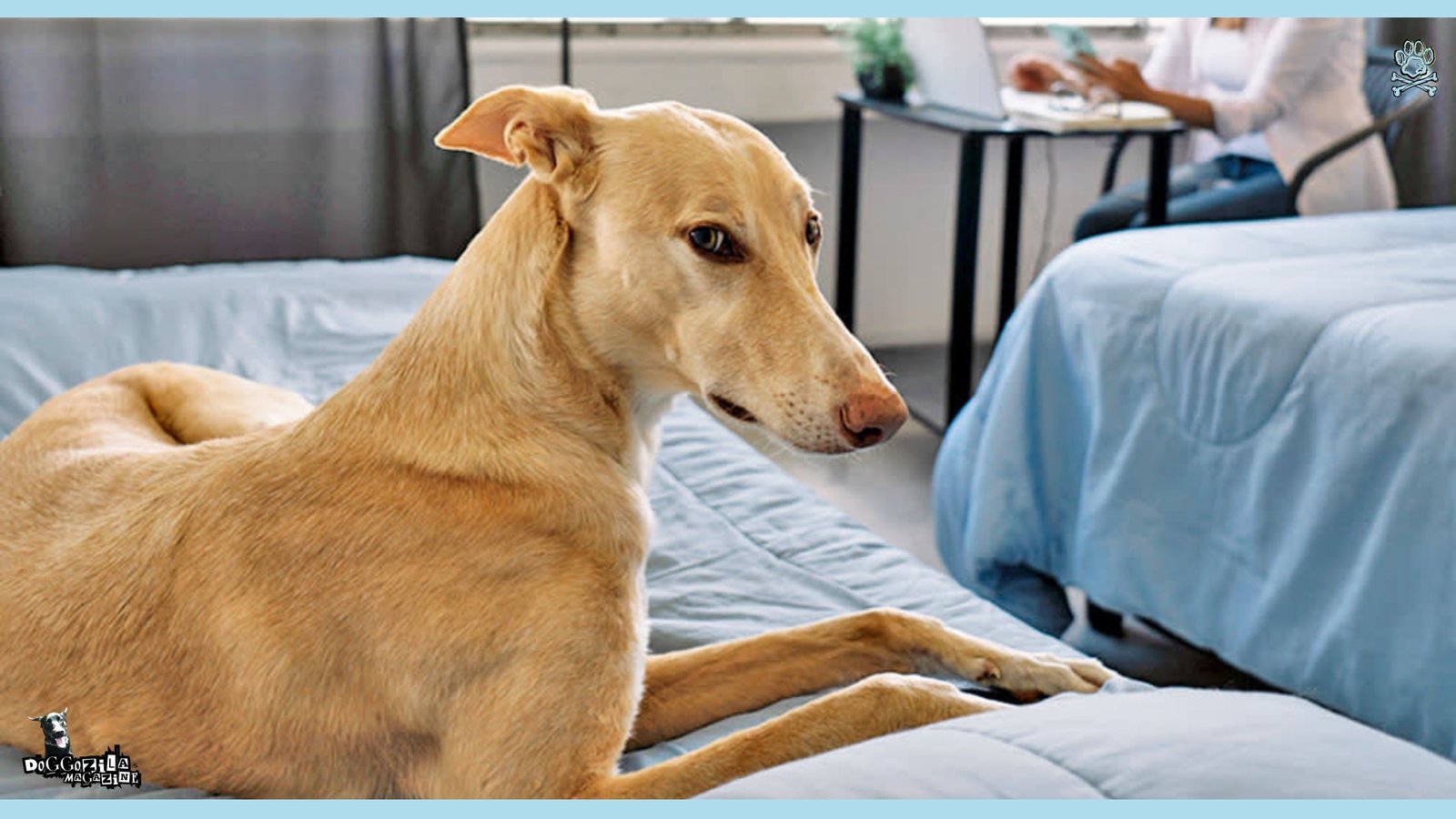
UNPACKING THE SCIENCE: CAN DOGS REALLY ASSESS CHARACTER?
Scientific research has dove headfirst into this question with some fascinating experiments. A notable study presented dogs with a scenario where one actor was helpful and another was hindering a person from opening a container. The results were intriguing, the dogs showed a clear preference for the helpful individual. This suggests that dogs can, indeed, evaluate humans based on their social interactions, a key insight into the query of do dogs judge us. They are not just watching; they are forming opinions based on what they see.
Dogs are surprisingly good at assessing competence. Studies show they prefer humans who solve problems efficiently. But do dogs judge us for being clumsy or slow? Not exactly, they’re just choosing the best leader. Their decisions are based on outcomes, not intentions. Dogs value clarity, consistency, and results. They’re pragmatic, not philosophical.
Key Experiments That Explore If Do Dogs Judge Us
Researchers often use clever setups where a dog can “eavesdrop” on human interactions. In one classic paradigm, a dog watches as one person shares food generously while another refuses to share. The dog is then allowed to choose which person to approach.
While some studies show dogs prefer generous people, others show no preference, indicating that context, methodology, and the individual dog’s personality play huge roles. These experiments are designed to peel back the layers of canine cognition and social understanding.
What The Research Reveals About A Dog’s Social Intelligence
The consensus is that dogs are phenomenal observers of human behavior. They excel at reading our intent and competence, especially when it benefits them directly. Studies indicate they are more likely to follow the guidance of someone who appears confident and knowledgeable about a task, like finding hidden food.
This shows a form of practical judgment centered on effectiveness. Their social intelligence is less about morality and more about identifying who is reliable, who is friendly, and who might have a tasty snack in their pocket.
Understanding The Limitations Of Canine Cognition Studies
It’s important to remember that lab settings can be stressful for some dogs, potentially skewing results. The use of unfamiliar people and controlled tasks might not capture the full depth of a dog’s ability to judge their beloved owner in a home environment.
Furthermore, a dog’s motivation in the moment, whether they are hungry, tired, or just want to play, can greatly influence their choices during an experiment. Science gives us incredible clues, but it doesn’t always tell the whole story of our unique bonds.
Do Dogs Judge Us When We Fail At Tasks or When We Hesitate?
In one study, dogs watched two humans open a container. One succeeded, the other failed. Dogs consistently approached the successful person. This suggests they assess competence. But it’s not personal, it’s practical.
Dogs want results, not perfection. They’re choosing based on effectiveness, not ego. They don’t care about effort, they care about outcome. If we struggle repeatedly, they may seek help elsewhere. It’s not rejection, but it’s efficiency. Dogs are wired to follow those who get things done. They’re not judging, they’re optimizing.
Hesitation signals uncertainty. Dogs often respond by taking control or backing away. They prefer confident cues. If we pause too long, they may lose trust in our leadership. This isn’t judgment, but it’s instinct.
Dogs follow clarity and direction. They’re not waiting for perfection, they’re looking for decisiveness. Hesitation can trigger anxiety in reactive dogs. They may bark or resist commands. Dogs thrive on momentum. When we hesitate, we interrupt their flow. Their response is not critique, it’s recalibration.
Do Dogs Judge Us When We’re Distracted or When We Ignore Them?
Distraction can frustrate dogs. If we’re glued to our phones, they may act out. Barking, nudging, or misbehaving are signs they want attention. Dogs crave presence. When we’re mentally absent, they feel disconnected. Their reaction is a call for engagement, not criticism. Dogs live in the moment. They don’t understand multitasking.
When we drift, they feel abandoned. Their behavior reflects a need for connection. They’re not judging, they’re reminding us to be here, now. Ignoring a dog’s needs can lead to behavioral issues. They may chew, dig, or whine. These aren’t acts of revenge, they’re expressions of unmet needs. Dogs communicate through behavior.
When we miss the signs, they escalate. It’s not judgment, but it’s communication breakdown. Dogs rely on us for emotional and physical care. Ignoring them creates a void. They fill it with action. Their behavior is a message, not a verdict. Listening is the antidote.
🔑 Key Points: Research shows dogs can evaluate humans based on social interactions, showing a preference for helpful and competent individuals, but this is a practical assessment of reliability, not a moral judgment.
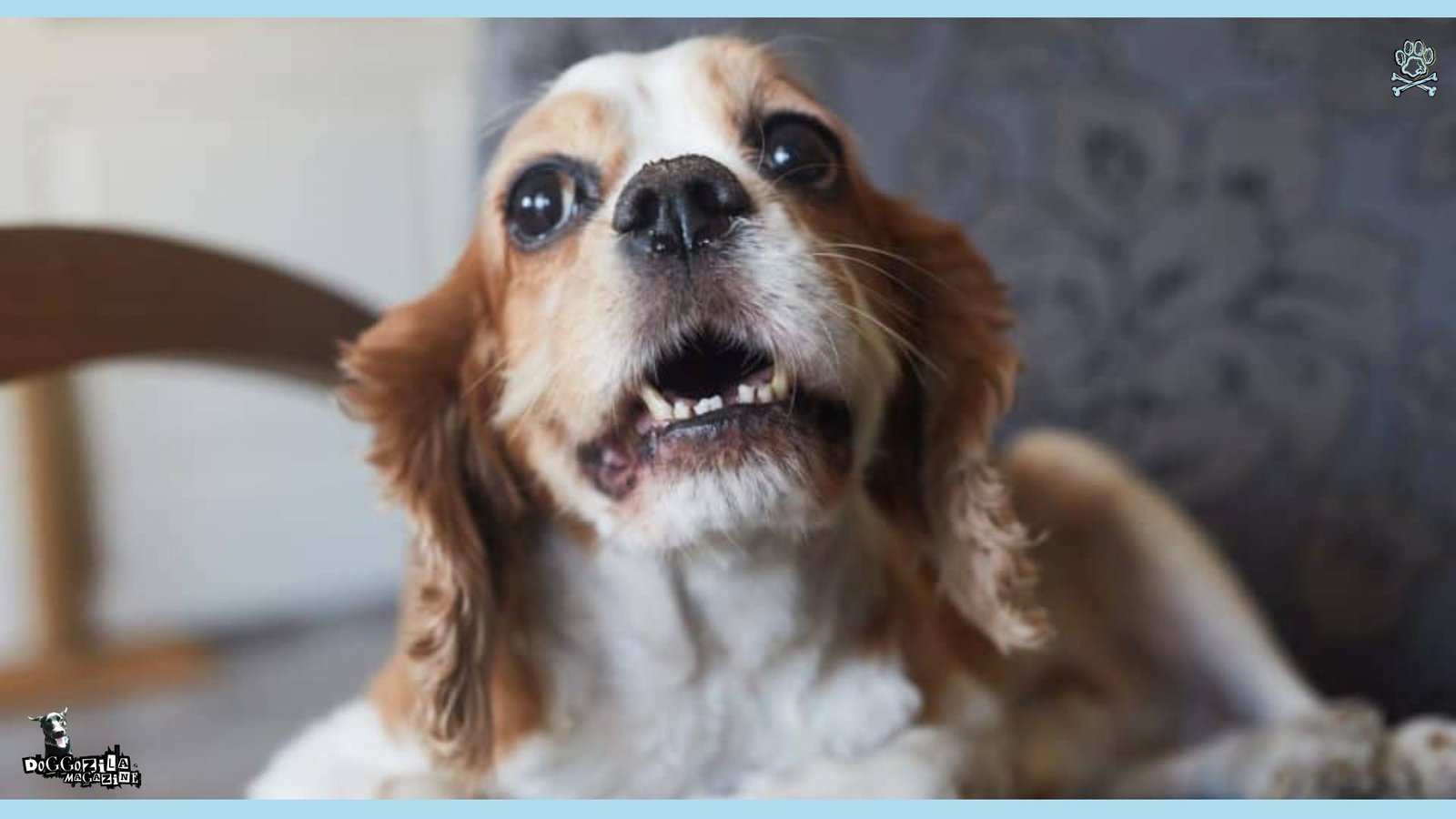
THE FOOD TEST: A SIMPLE WAY TO SEE JUDGMENT IN ACTION
You can try a little experiment at home to see this in action, perfectly aligning with the theme of do dogs judge us. Have one family member consistently be the one who delivers your dog’s favorite meals and high-value treats. Have another person, for a short period, only offer boring kibble or nothing at all. Watch who your dog gets more excited to see. This isn’t about being fickle, but it’s a practical assessment of resource provision.
Dogs are sensitive to emotional volatility. Anger and impatience can trigger fear or confusion. Do dogs judge us for losing our temper? They don’t hold grudges, but they do remember patterns. Their memory is emotional, not logical. Repeated outbursts create lasting impressions. Dogs learn to anticipate our moods.
Setting Up Your Own “Do Dogs Judge Us” Experiment At Home
This isn’t about tricking your dog but about observing their natural learning process. For a few days, assign specific roles, the “generous” person gives chicken bits, and the “neutral” person gives regular meals. Keep interactions otherwise positive and friendly.
Then, see who your dog gravitates towards during relaxed times. This simple test highlights how dogs associate people with outcomes, a fundamental part of their learning process. It’s a fun way to engage with your pet and learn more about how their mind works.
Interpreting The Results Of Your Dog Character Test
If your dog consistently chooses the “generous” person, it demonstrates their powerful ability to form associations based on positive reinforcement. This is a basic form of judgment, but it’s rooted in reward rather than abstract morality.
If there’s no clear preference, it might mean your dog’s love is less transactional and more about overall bond and affection. Remember, every dog is an individual, and their personal history and temperament will shape their responses. There’s no right or wrong outcome, only a more informed owner.
Why Resource Provision Is A Key Factor In Dog Evaluation
From a dog’s perspective, the one who provides the best resources is a valuable ally. This is an ancient instinct rooted in survival. In the wild, a reliable provider equals safety and sustenance. While our spoiled pups at home may not be hunting for their food, that deep-seated instinct to align themselves with effective providers remains strong. So, when your dog adores the person who fills their bowl, they are expressing a primal form of appreciation and judgment based on a very practical skill set.
Do Dogs Judge Us When We Yell or When We Punish Unfairly?
Yelling startles dogs. It creates stress and erodes trust. They may cower, hide, or shut down. Repeated outbursts can lead to anxiety. Dogs don’t understand the words, they feel the energy. Their response is self-protection, not judgment. Loud voices signal danger. Dogs associate volume with threat. They may become reactive or submissive. Yelling breaks the bond. Calm correction builds it. Dogs don’t judge, but they adapt to survive.
Unfair punishment confuses dogs. If they don’t understand what they did wrong, they feel unsafe. This can damage the bond. Dogs need clear, timely feedback. Harsh discipline without context feels random. Their reaction is fear, not moral judgment. Dogs don’t grasp abstract rules. They learn through association. Timing matters. Punishing after the fact creates confusion. Dogs aren’t defiant, but they’re misunderstood. Fairness builds trust. Unfairness breeds anxiety.
Do Dogs Judge Us When We’re Impatient or Inconsistent With Rules?
Impatience disrupts training. Dogs need time to learn and process. Rushing them creates stress. They may resist or shut down. Patience builds trust and confidence. Impatience erodes it. Their response is behavioral, not emotional judgment. Dogs can sense our frustration. They may mirror it or retreat. Training becomes a battle, not a bond. Slowing down creates space for success. Dogs aren’t judging, but they’re reacting to our pace.
Inconsistent rules lead to confusion. Dogs thrive on structure. If “sit” means one thing today and another tomorrow, they disengage. This isn’t defiance, but it’s uncertainty. Dogs aren’t judging, but they’re trying to adapt. Consistency is key to clarity. Mixed signals create chaos. Dogs may test boundaries or shut down. They’re not misbehaving, but they’re lost. Clear rules create safety. Inconsistency breeds stress.
🔑 Key Points: Dogs instinctively align themselves with those who provide the best resources, a primal form of judgment based on survival and reward, which can be observed through simple at-home experiments.
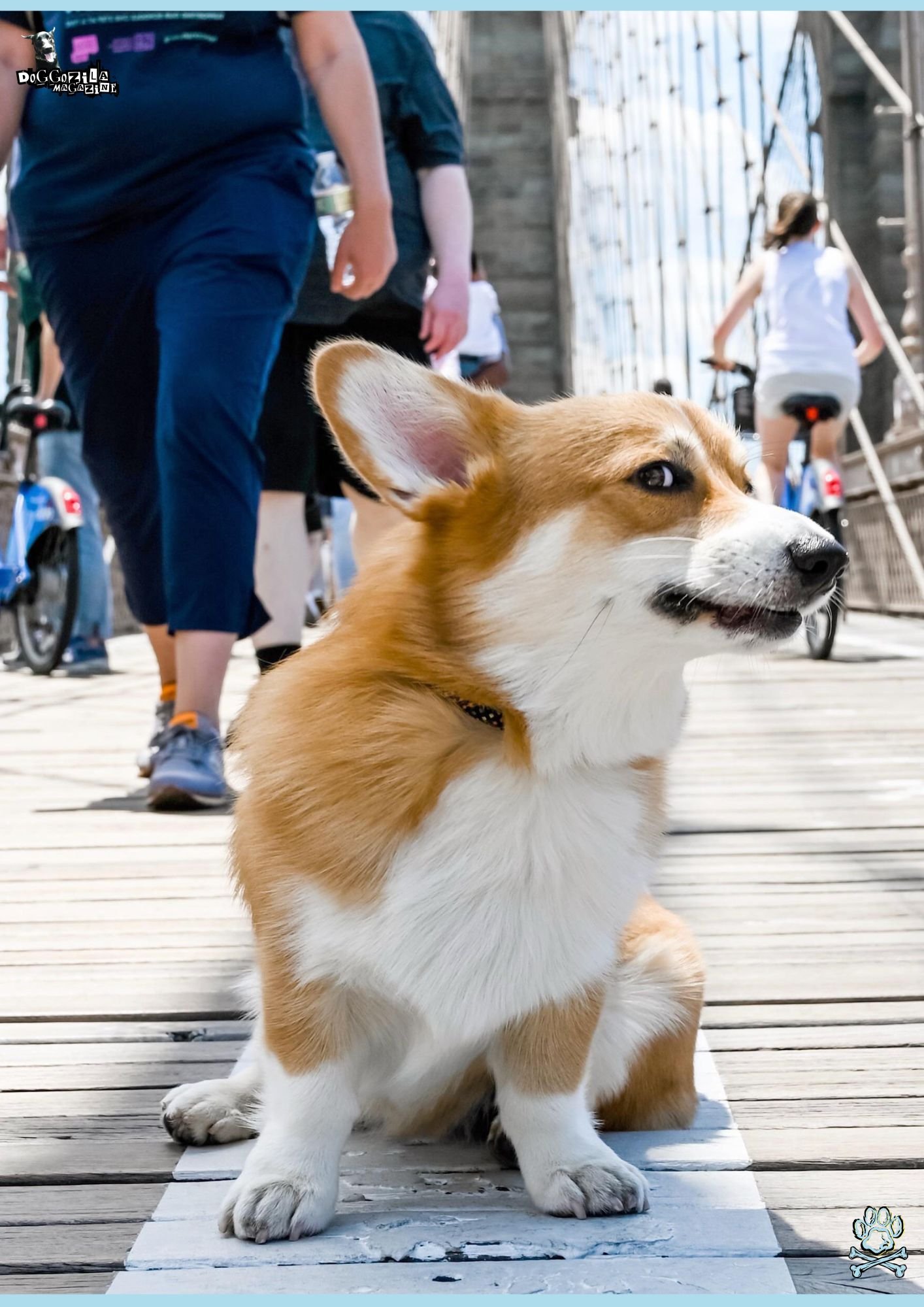
BEYOND MORALS: JUDGING OUR COMPETENCE AND CONFIDENCE
Dogs might not judge our ethics like a human court, but they are brilliant judges of our competence and emotional state. Have you ever noticed your dog hesitating if you’re unsure about a path on a hike? They can sense our confidence levels. Research supports this, showing that dogs are less likely to follow a person who appears unsure of themselves. This practical assessment is a core part of the do dogs judge us puzzle, focusing on our ability to be effective leaders.
Vulnerability invites connection. Dogs often respond with empathy and presence. Do dogs judge us when we cry or feel lost? Quite the opposite, they lean in. They don’t see weakness, they sense need. Dogs are wired to comfort, not critique. Their loyalty deepens when we’re at our lowest, making them emotional anchors in our lives.
How Dogs Assess Our Leadership Skills Every Day
Your dog is constantly watching you for cues on how to navigate the world. When you confidently give a command you know they will obey, they respond with trust. If you are hesitant or inconsistent, they may become confused or anxious, leading them to make their own decisions like ignoring a recall at the dog park. This isn’t defiance, but it’s a reaction to a perceived leadership vacuum. They judge our capability to keep them safe and guide them, which is essential for their well-being.
The Link Between Human Anxiety And A Dog’s Reaction
Dogs are emotional sponges, absorbing our feelings with astonishing accuracy. If you are feeling stressed or anxious, your dog will likely pick up on those signals through your body language, scent, and tone of voice. Their reaction, perhaps becoming clingy, barking, or hiding, is a judgment of the situation’s safety, not of you as a person. They are assessing the environment you are creating and reacting to the stress they sense, which they view as a potential threat that needs to be managed.
Building Unwavering Confidence In The Eyes Of Your Dog
To be judged as a competent leader in your dog’s eyes, focus on being calm and assertive. This doesn’t mean being stern, but it means being predictable, consistent, and positive. Practice commands you both know well to build mutual success.
Engage in activities like agility or nosework that allow you to guide your dog and build their trust in your direction. When your dog sees you as a confident and capable guide, their judgment of you will be overwhelmingly positive, strengthening your bond immensely.
Do Dogs Judge Us When We Cry or When We’re Sick?
Crying triggers nurturing behavior in many dogs. They may lick, cuddle, or stay close. This isn’t judgment, but it’s emotional support. Dogs sense distress and respond with care. Their behavior reflects deep emotional intelligence. They’re wired to comfort, not condemn.
Dogs often become more alert when they hear sobbing. They may tilt their heads, paw at us, or whimper softly. These actions show concern, not confusion. Dogs don’t need to understand the reason, we’re upset, and that’s enough. Their empathy is instinctive. They become quiet companions, offering presence over solutions.
Illness changes our scent and energy. Dogs often become more protective or gentle. They may stay near or alert others. This isn’t judgment, but it’s instinct. Dogs recognize vulnerability and respond with loyalty. Their behavior is rooted in empathy.
Dogs have been known to detect illness before symptoms appear. They can smell chemical changes in our bodies. Some dogs are trained to alert for seizures or blood sugar drops. Even untrained dogs may hover near us when we’re unwell. Their behavior is proactive, not reactive. They’re not judging, but they’re guarding.
Do Dogs Judge Us When We’re Depressed or When We Isolate?
Depression affects our routines and energy. Dogs may become more clingy or withdrawn. They’re reacting to the shift. Their behavior reflects concern, not criticism. Dogs sense emotional pain and respond with presence. They’re emotional allies.
Dogs may skip meals or lose interest in play when their humans are depressed. They mirror our emotional state. Some dogs become more vocal, trying to engage us. Others stay quietly nearby, offering silent support. Their loyalty doesn’t waver. They don’t judge, but they endure with us.
Isolation can confuse dogs. They may try to engage or stay close. Dogs are social creatures. When we withdraw, they notice. Their response is connection-seeking. It’s not judgment, but it’s love. Dogs may follow us from room to room, refusing to be left alone.
They may bring toys or nudge us gently. These are invitations to reconnect. Isolation feels unnatural to them. They’re pack animals, wired for togetherness. Their persistence is a reminder: we’re not alone.
🔑 Key Points: Dogs are brilliant judges of our competence and confidence, constantly assessing our leadership skills and reacting to our emotional state (like anxiety) to determine if we are effective guides.
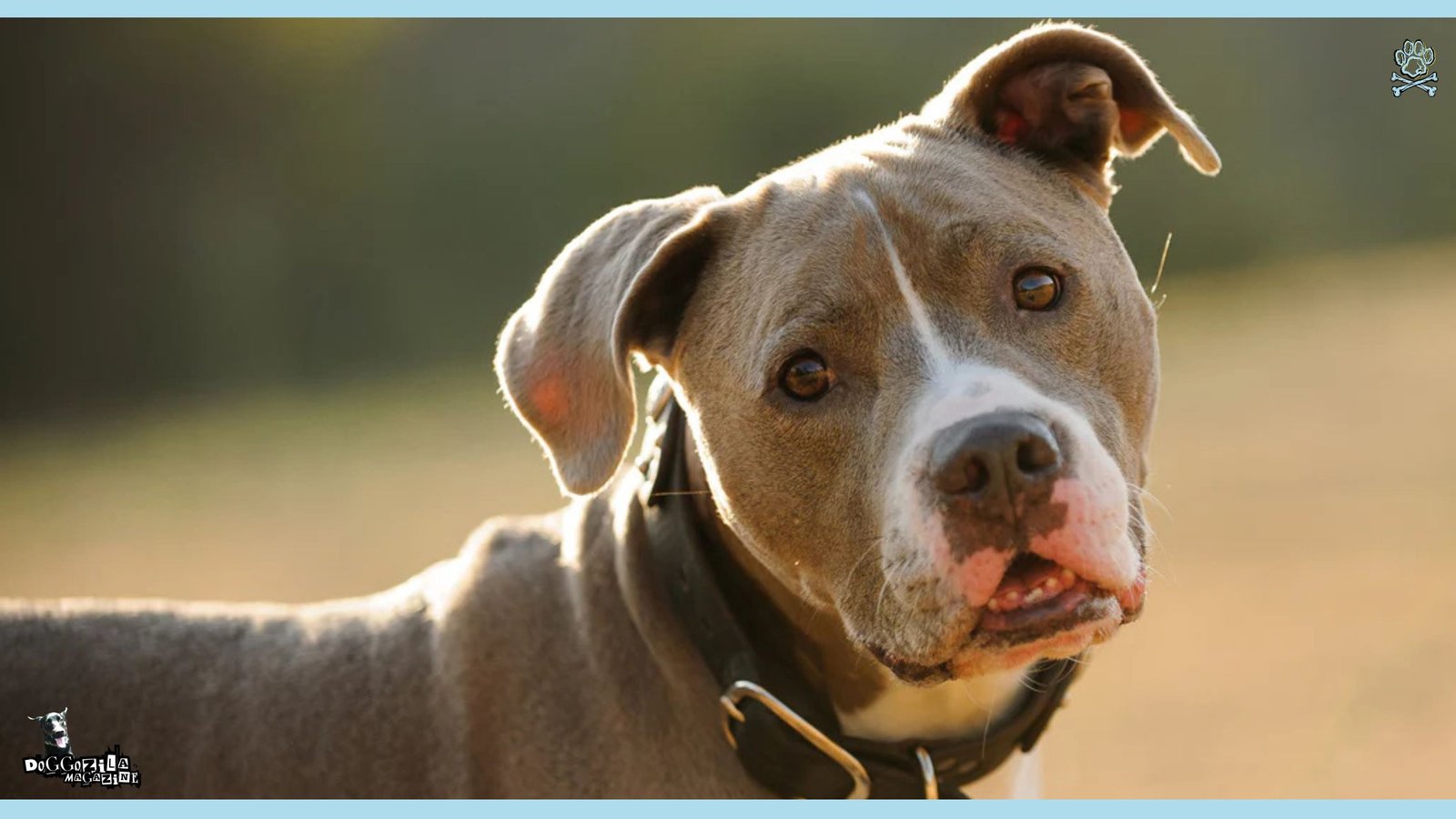
BODY LANGUAGE: THE SILENT LANGUAGE DOGS MASTER
Our pups are reading us every single second. A dropped shoulder, a slight frown, the pace of our walk, they miss nothing. This constant surveillance is why we often feel judged, they are reacting to signals we don’t even know we’re sending. Understanding that their “judgment” is often just a reaction to our own nonverbal communication is a huge step toward answering do dogs judge us. They are the ultimate experts in human body language.
Confidence attracts dogs. Joy energizes them. Do dogs judge us when we’re at our best? They celebrate it. Dogs thrive in emotionally stable environments. Our happiness becomes their happiness. They’re wired to mirror our emotional highs and lows.
The Subtle Cues That Make Dogs Question Our Actions
Averted gaze, nervous hand wringing, or a closed-off posture can all signal uncertainty to your dog. They might respond by becoming more alert or moving between you and something they perceive as a threat. When you come home feeling guilty for being late, you might slink in, avoid direct eye contact, and speak in a higher-pitched, apologetic tone. Your dog reads all of this as unusual behavior, which prompts their curious head tilt or cautious approach, not a judgment of your tardiness, but of your strange demeanor.
Related Article Recommendation:
Do Dogs Get Jealous and Do They Judge Us?
How To Use Your Own Body Language To Build Trust
You can consciously use your body to communicate calm assurance to your dog. Stand tall with relaxed shoulders, use smooth and deliberate movements, and practice soft eye contact. Avoid looming over them, which can be intimidating.
When calling them, open your arms and turn your body sideways, a more inviting posture than facing them straight on. By managing your own nonverbal cues, you can directly influence your dog’s perception of you, ensuring they judge you as a safe and trustworthy companion.
Reading Your Dog’s Body Language In Return
True communication is a two-way street. While we’re worried about them judging us, we should also learn to read their signals. A wagging tail doesn’t always mean happy, it means arousal, which could be excitement or anxiety.
A yawn can signal stress, not tiredness. Lip licks, whale eye (showing the whites of their eyes), and a stiff body are all signs of discomfort. By understanding what they are telling us, we can better meet their needs and stop the cycle of miscommunication that leads us to feel judged.
Do Dogs Judge Us When We Laugh and When We’re Confident?
Laughter excites dogs. They may wag, jump, or bark playfully. It’s contagious. Dogs respond to positive energy. They mirror joy. Their behavior shows emotional resonance. It’s celebration, not judgment. Dogs often associate laughter with playtime or affection. They may bring toys or initiate games. Some dogs even “smile” with relaxed mouths and squinty eyes. Laughter signals safety. Dogs feel secure when we’re joyful. They don’t analyze, but they join in.
Confidence builds trust. Dogs follow strong, clear leaders. They feel safe with direction. Confidence signals stability. Dogs respond with loyalty. Their behavior reflects alignment. Dogs are more obedient and relaxed around confident handlers. They sense leadership through posture and tone. Confidence reduces anxiety in reactive dogs. It creates a calm, predictable environment. Dogs aren’t judging, but they’re following.
Do Dogs Judge Us When We’re Playful or When We’re Affectionate?
Playfulness invites bonding. Dogs love games and silliness. It strengthens the relationship. They respond with enthusiasm. Play builds trust and joy. Their reaction is connection. It’s celebration, not critique. Dogs use play to release energy and build social bonds. Tug-of-war, fetch, and chase games mimic natural behaviors. Play also teaches boundaries and communication. When we’re playful, dogs feel safe and engaged. They don’t judge, but they thrive.
Affection deepens the bond. Dogs crave touch and closeness. They respond with warmth. Cuddles, kisses, and gentle words matter. Dogs feel loved. Their behavior reflects trust. It’s emotional harmony. Dogs may lean into us, roll over, or nuzzle when they feel affection. These are signs of vulnerability and trust. Physical touch releases oxytocin in both dogs and humans. It’s a chemical bond. Dogs don’t judge affection, but they flourish in it.
🔑 Key Points: Dogs are constant experts in reading human body language, what we perceive as judgment is often just their reaction to subtle, unconscious signals we send about our confidence and emotional state.
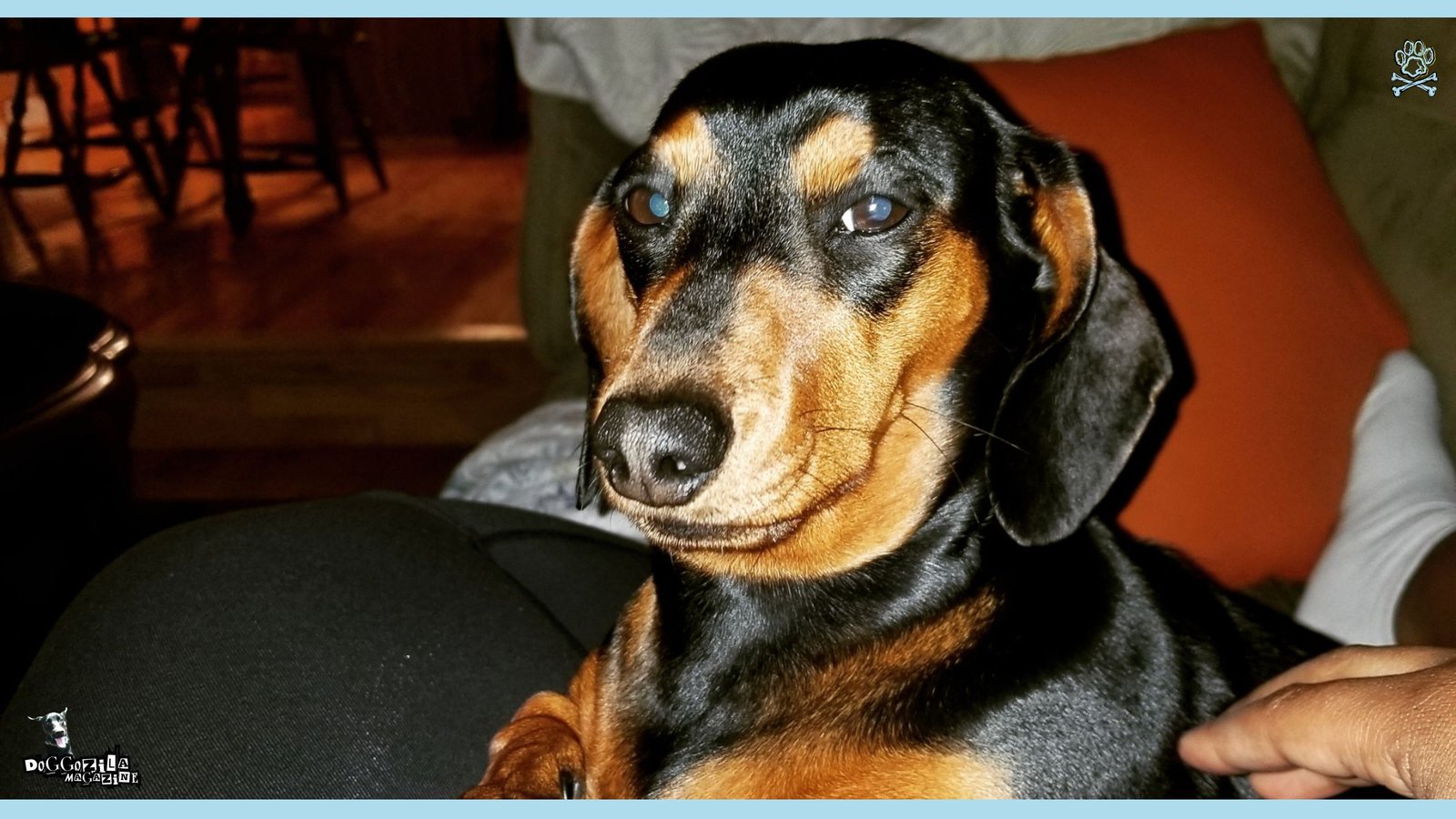
THE ROLE OF BREED AND PERSONALITY IN DOG JUDGMENT
Not all dogs “judge” in the same way. A border collie is bred to watch and respond to a shepherd’s every move, making them incredibly attentive to human behavior. A stubborn but independent Shar-Pei might be less concerned with your actions. Your dog’s individual personality and breed instincts greatly influence how, and how much, they seem to evaluate you, adding another layer to the do dogs judge us conversation. It’s not one-size-fits-all.
Dogs have powerful noses and sharp memories. They remember patterns, people, and emotions. Do dogs judge us based on what they smell or recall? They interpret, not condemn. Their world is built on scent trails and emotional imprints. Memory guides their behavior, not morality.
How Herding Breeds Exemplify The “Do Dogs Judge Us” Concept
Breeds like Border Collies, Australian Shepherds, and Corgis are hardwired to observe and control movement. This makes them hyper-vigilant to their owner’s actions. They might nip at heels if you’re running or stare intently, waiting for a command.
This intense observation can feel like constant scrutiny, but it’s really just their genetic programming kicking in. They aren’t judging your life choices, but they’re judging your movement patterns and waiting for a job to do, which is a core part of their nature.
Why Independent Breeds Might Seem Less Judgmental
Breeds like Akitas, Siberian Huskies, and many hounds were bred to work more independently from humans. They make decisions on their own, often following a scent or a sight without waiting for human direction. This can make them seem aloof or less concerned with what you’re doing.
You might not get the disappointed side-eye from a Husky because they were too busy planning their next escape adventure to notice you came home empty-handed. Their “judgment” is often more focused on their own goals.
The Impact Of A Dog’s Unique History And Upbringing
A rescue dog with a traumatic past may “judge” certain types of people, sounds, or situations based on negative associations. A hand raised suddenly might make them flinch, not because they judge the person as bad, but because they anticipate something scary based on experience.
Conversely, a dog raised in a perfectly socialized, positive environment may judge every new person as a potential best friend. A dog’s personal history is perhaps the most powerful filter through which they view and assess the world, including us.
Do Dogs Judge Us When We Smell Different or We Forget Routines?
Scent reveals emotion, health, and diet. Dogs notice changes. They may act curious or cautious. It’s not judgment, but it’s awareness. Their nose tells a story. Dogs use scent to understand us. It’s instinctual. Dogs can detect hormonal shifts, stress chemicals, and even disease markers. A change in scent may trigger concern or alertness. They may sniff more intensely or stay close. Dogs don’t judge the change, but they respond to it. Their reactions are protective, not critical.
Routine builds trust. When we forget, dogs feel uncertain. They may act out or withdraw. It’s not revenge, but it’s confusion. Dogs rely on predictability. Their behavior reflects need for structure. It’s adaptation, not judgment. Dogs may bark at missed walks or skip meals when routines shift. They’re signaling discomfort. Routine gives them a sense of control. When it’s disrupted, they seek clarity. Their behavior is a request, not a reprimand.
Do Dogs Judge Us When We Change Environments or When We Leave Them Alone?
New places trigger new behaviors. Dogs may feel anxious or excited. They rely on familiar cues. Change can be stressful. Their reaction is survival-based. It’s not judgment, but it’s adjustment. Dogs may pace, whine, or cling in unfamiliar settings. They’re scanning for safety. Familiar scents and objects help them adapt. Their behavior reflects caution, not criticism. They’re not judging the change, but they’re navigating it.
Separation affects dogs deeply. They may feel abandoned or anxious. Their behavior reflects attachment. It’s not punishment, but it’s longing. Dogs crave connection. Their response is emotional, not moral. Some dogs develop separation anxiety, barking or destroying objects. Others become withdrawn. These are signs of distress, not defiance. Dogs don’t understand time the way we do. Every absence feels uncertain. Their reaction is love, not judgment.
🔑 Key Points: A dog’s tendency to appear “judgmental” is influenced by its breed instincts (e.g., herding breeds are more observant) and its unique personal history, including past trauma or upbringing.
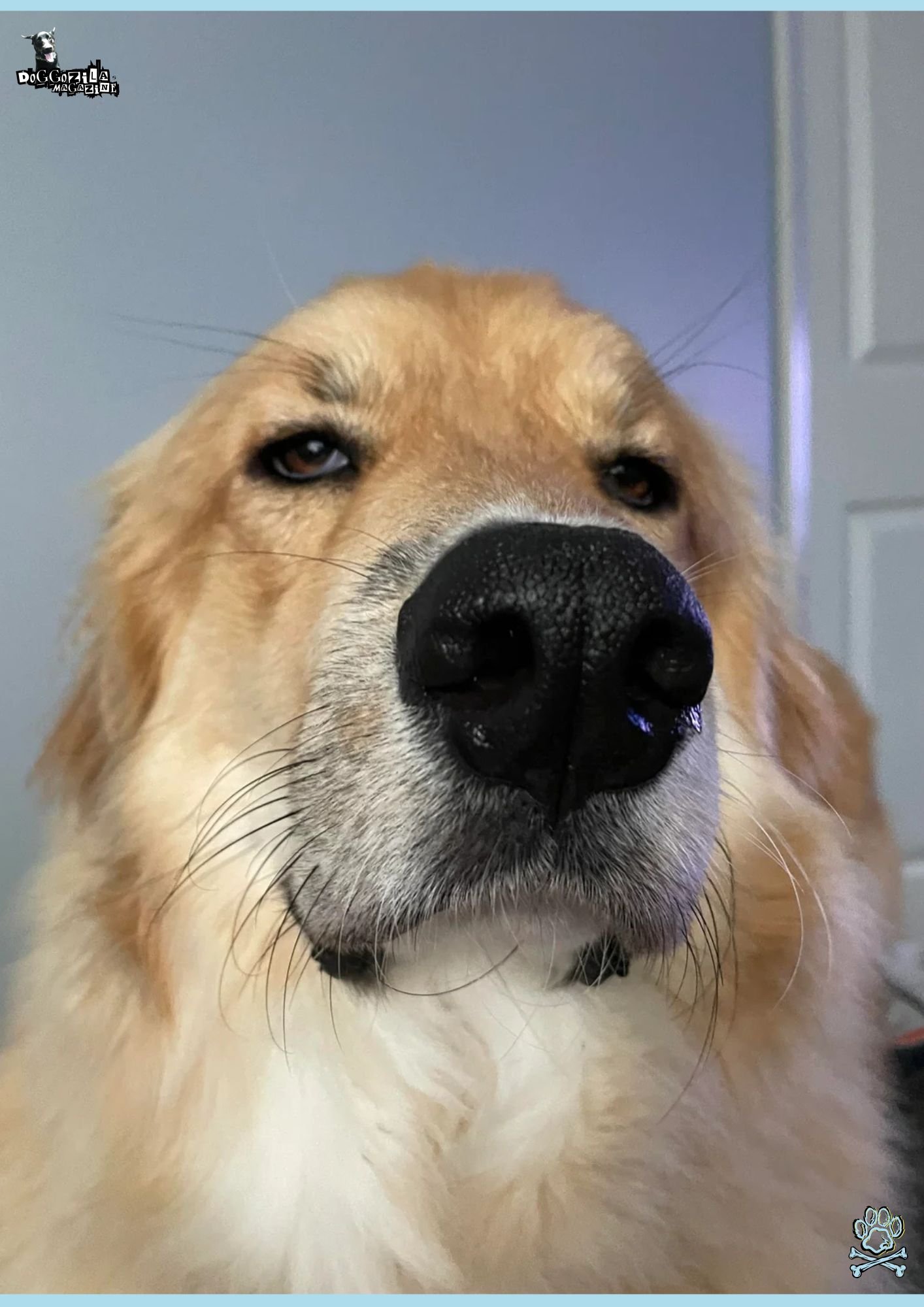
STRENGTHENING YOUR BOND: FROM JUDGMENT TO CONNECTION
Instead of worrying if your dog is judging you, focus on building a relationship based on clear communication and positive experiences. This shifts the dynamic from one of potential criticism to one of mutual understanding and teamwork, moving beyond the simple question of do dogs judge us.
A strong bond is built on trust, not on passing moral tests.
Turning Judgment Into A Game Of Communication
Reframe your perspective. See your dog’s reactions not as criticism but as feedback. Use their responses to learn how to be a better communicator for them. If they seem unsure, ask yourself what you can change, your tone, your posture, your approach.
Engage in training games that reinforce your connection, like hide-and-seek or new trick training. This turns the concept of judgment into a fun, collaborative dialogue that deepens your understanding of each other and makes your relationship stronger.
Related Article Recommendation:
Outdoor Games for Dogs to Unleash Fun and Bonding
Activities That Promote Trust Instead Of Criticism
Focus on cooperative activities that build a partnership. Long walks where you explore together, puzzle toys you can solve as a team, and even cuddle sessions on the couch all reinforce a positive bond. These shared positive experiences create a bank of trust.
Your dog will learn that even if you sometimes do confusing things (like wearing a silly hat or dancing in the kitchen), you are still their reliable and fun companion. This security minimizes any anxious “judgment” and maximizes joyful coexistence.
Creating A Relationship Built On Mutual Understanding
The ultimate goal isn’t to avoid your dog’s judgment but to reach a level of understanding where it doesn’t matter. You accept your dog for who they are a wonderful, instinctual creature, and they accept you for who you are, a well-meaning, albeit sometimes confusing, human.
You learn their language, and they learn yours. This beautiful, mutual adaptation is the true magic of the human-dog bond, far transcending any simple concept of judgment and landing squarely in the realm of unconditional love and friendship.
🔑 Key Points: Instead of fearing judgment, focus on building a relationship through clear communication and positive, cooperative activities to create a bond based on mutual trust and understanding.
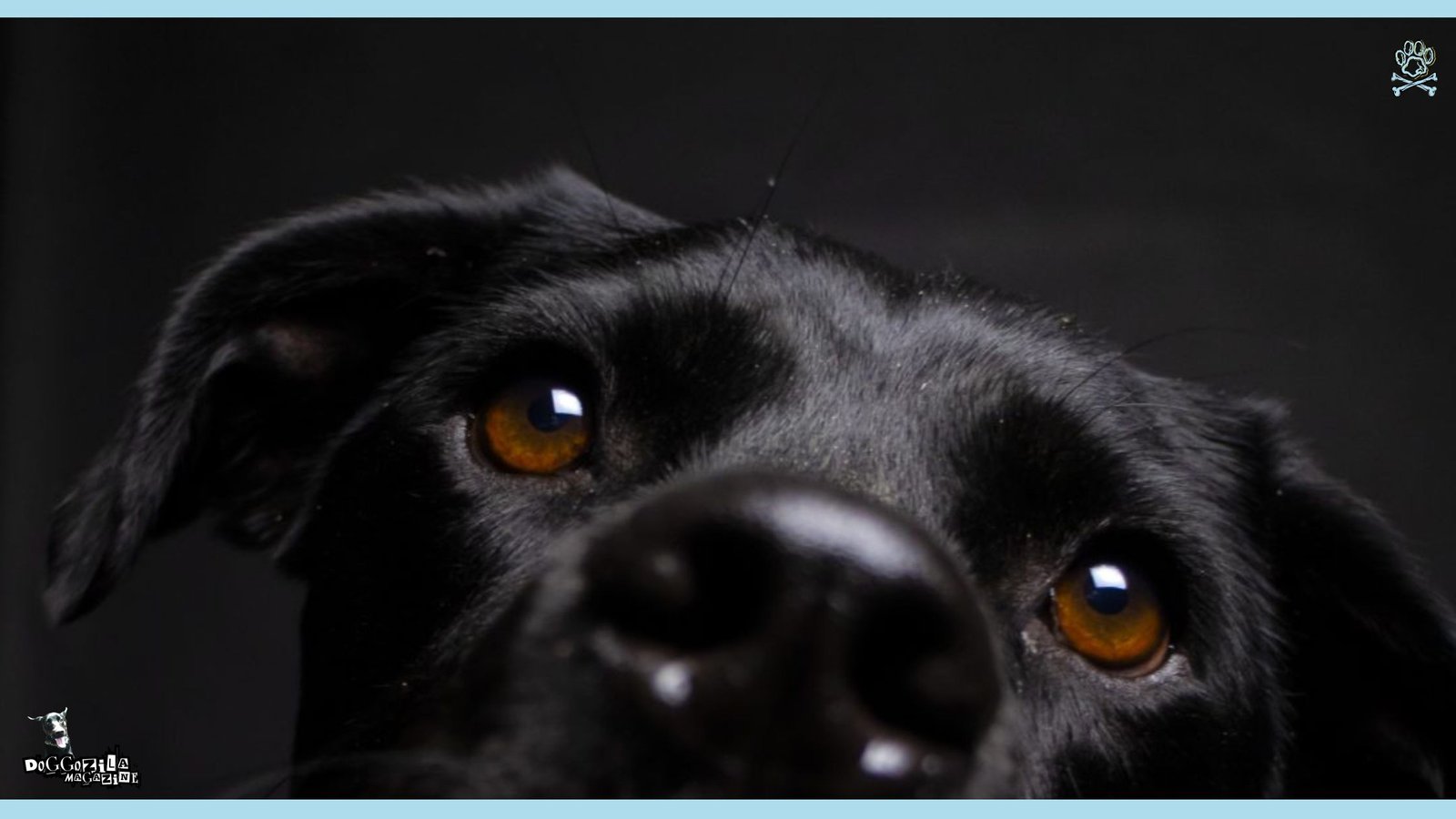
FINAL THOUGHTS: DO DOGS JUDGE US OR SIMPLY UNDERSTAND US?
So, do dogs judge us? Not in the way humans do. They don’t hold grudges, gossip, or critique our fashion choices. But they do observe, react, and adapt. Their responses are rooted in emotional intelligence, survival instincts, and deep social bonds. Dogs read our energy, tone, and behavior with astonishing accuracy. They respond to kindness, fear, joy, and sadness, not with judgment, but with presence.
Dogs are wired to connect, not condemn. Whether we’re clumsy, confident, or vulnerable, dogs meet us where we are. Their loyalty isn’t conditional. Their empathy isn’t calculated. Dogs don’t judge us, they understand us. And maybe that’s what makes the dog-human bond so extraordinary. It’s built on empathy, trust, and unconditional love.
Embracing Our Dogs’ Perceptions
So, do dogs judge us? The answer is a fascinating yes and no. They may not hold us to human moral standards, but they are constantly evaluating our behavior, our confidence, and our value as providers and protectors. This isn’t a negative thing, but it’s a testament to their incredible intelligence and adaptability. Embrace this unique aspect of your relationship. Your dog’s perceptions make them the wonderfully complex and devoted companions we adore.
Reframing The Way We Think About Dog Judgment
Let’s stop thinking of it as “judgment” and start seeing it for what it is, an astute observation. Our dogs are not petty critics, they are brilliant biographers, reading the story of our lives through our actions, smells, and energy. They are experts in us. This is a beautiful and humbling thing. It encourages us to be more mindful, more present, and more consistent, not because we fear their judgment, but because we want to be the best chapter in their story as they are in ours.
The Joy Of Living With A Creature That Pays Such Close Attention
There is a unique comfort in being so thoroughly seen and known by another being. Your dog notices when you’re sad and rests their head on your knee. They explode with joy when you pick up the leash, celebrating the simple adventure of a walk. This deep, attentive connection is a gift. The fact that they are constantly “assessing” us is what allows them to love us so perfectly and completely, in a way that is uniquely and wonderfully canine.
Dogs do not judge us in a human, moral sense, but they are astute observers who understand us by reading our energy and behavior, responding with empathy and a deep, unconditional bond.
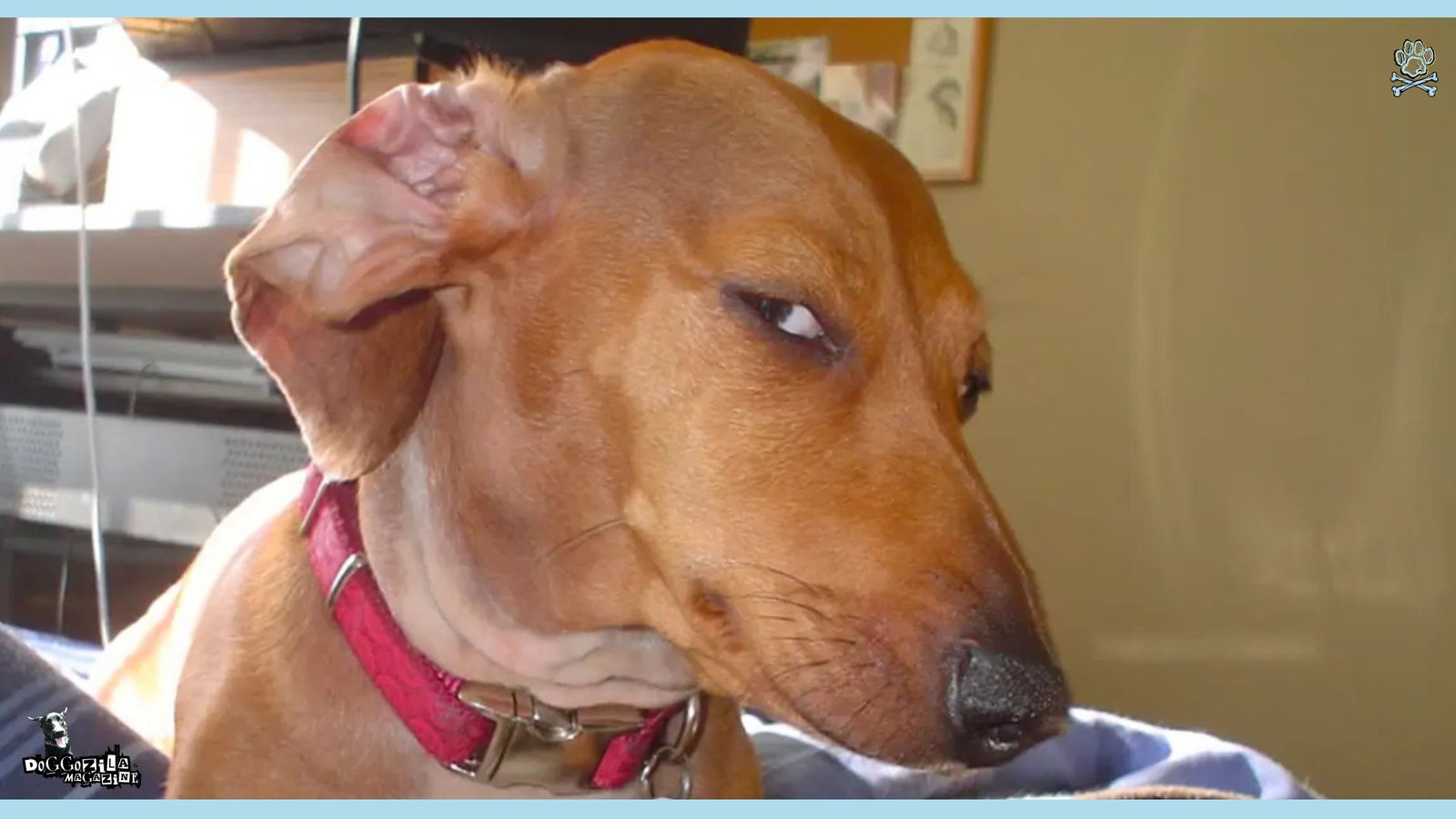
So, the next time you wonder if your dog is silently judging your dance moves or your late-night snack choices, remember that they’re probably just hoping you’ll share.





